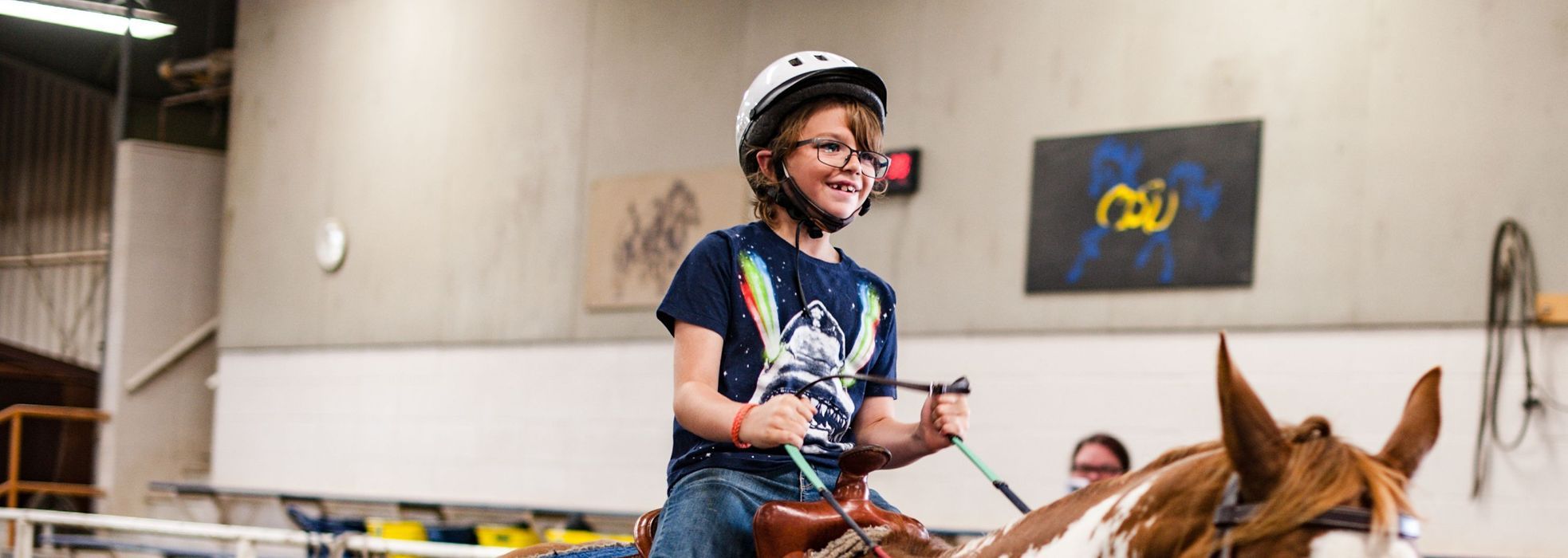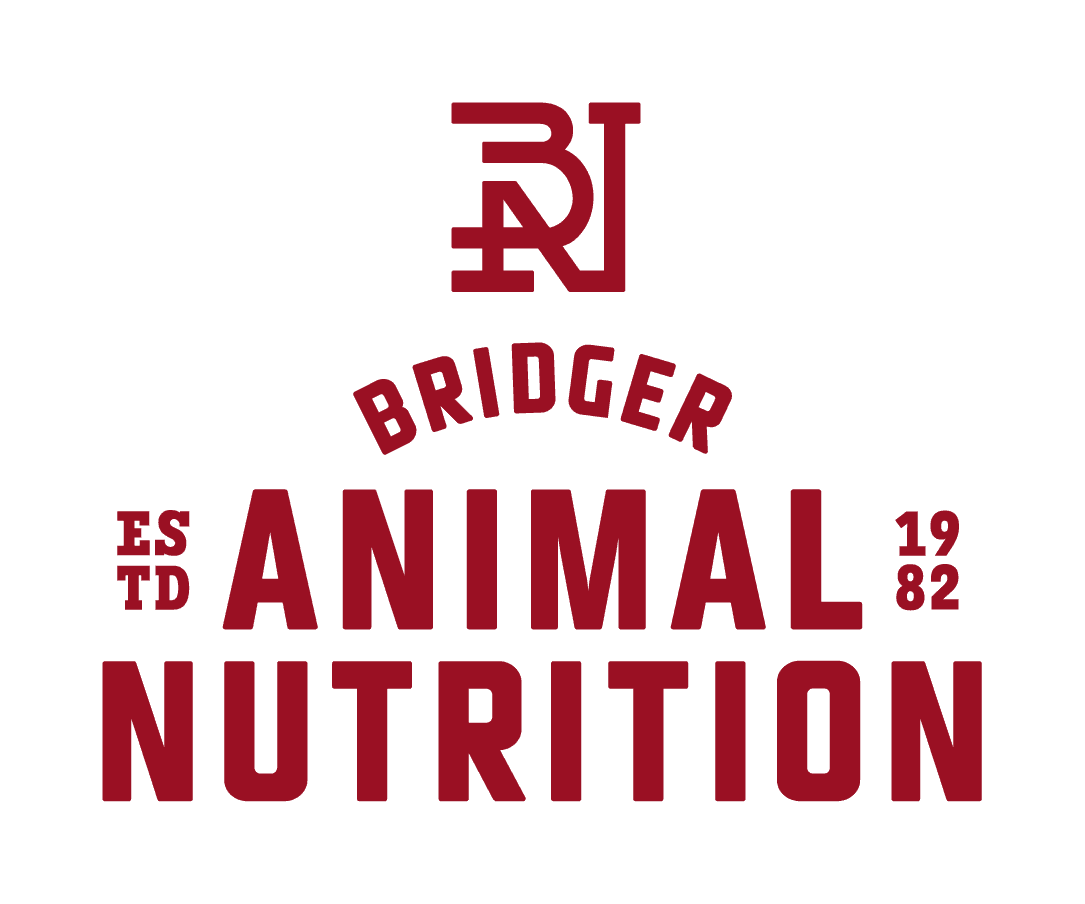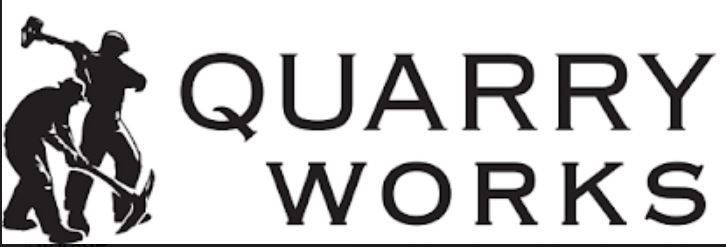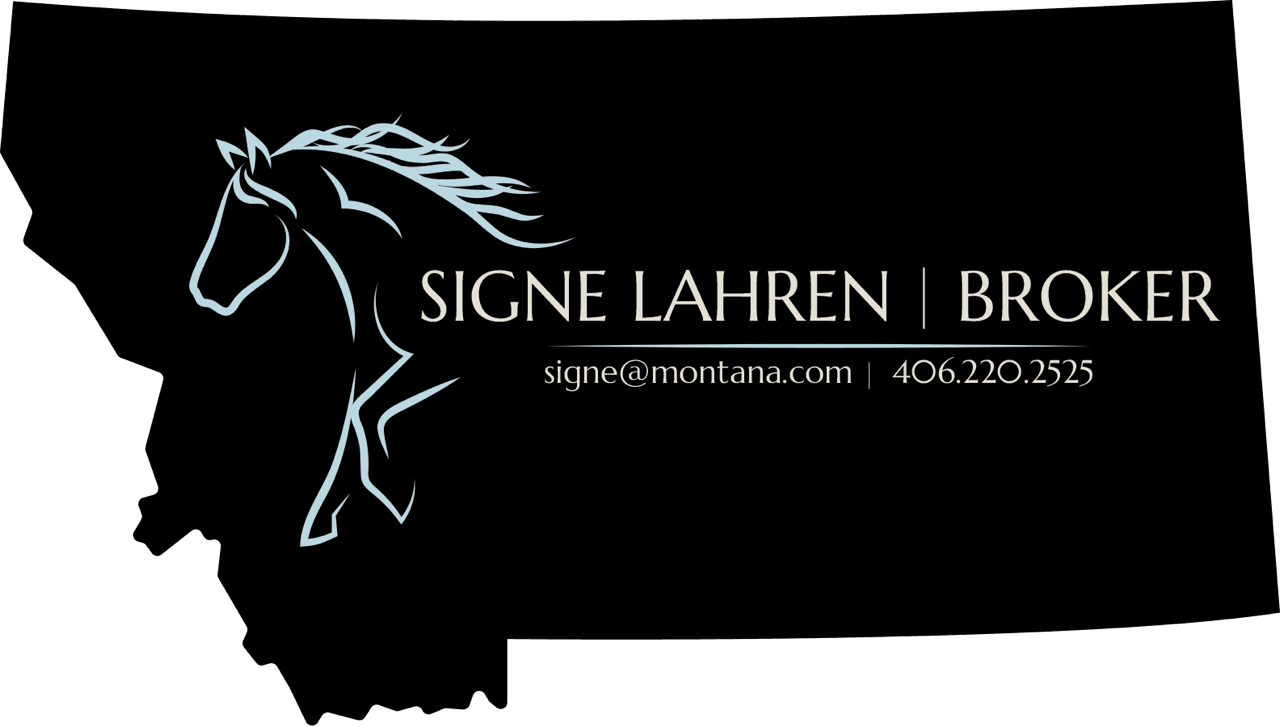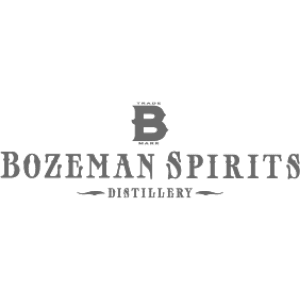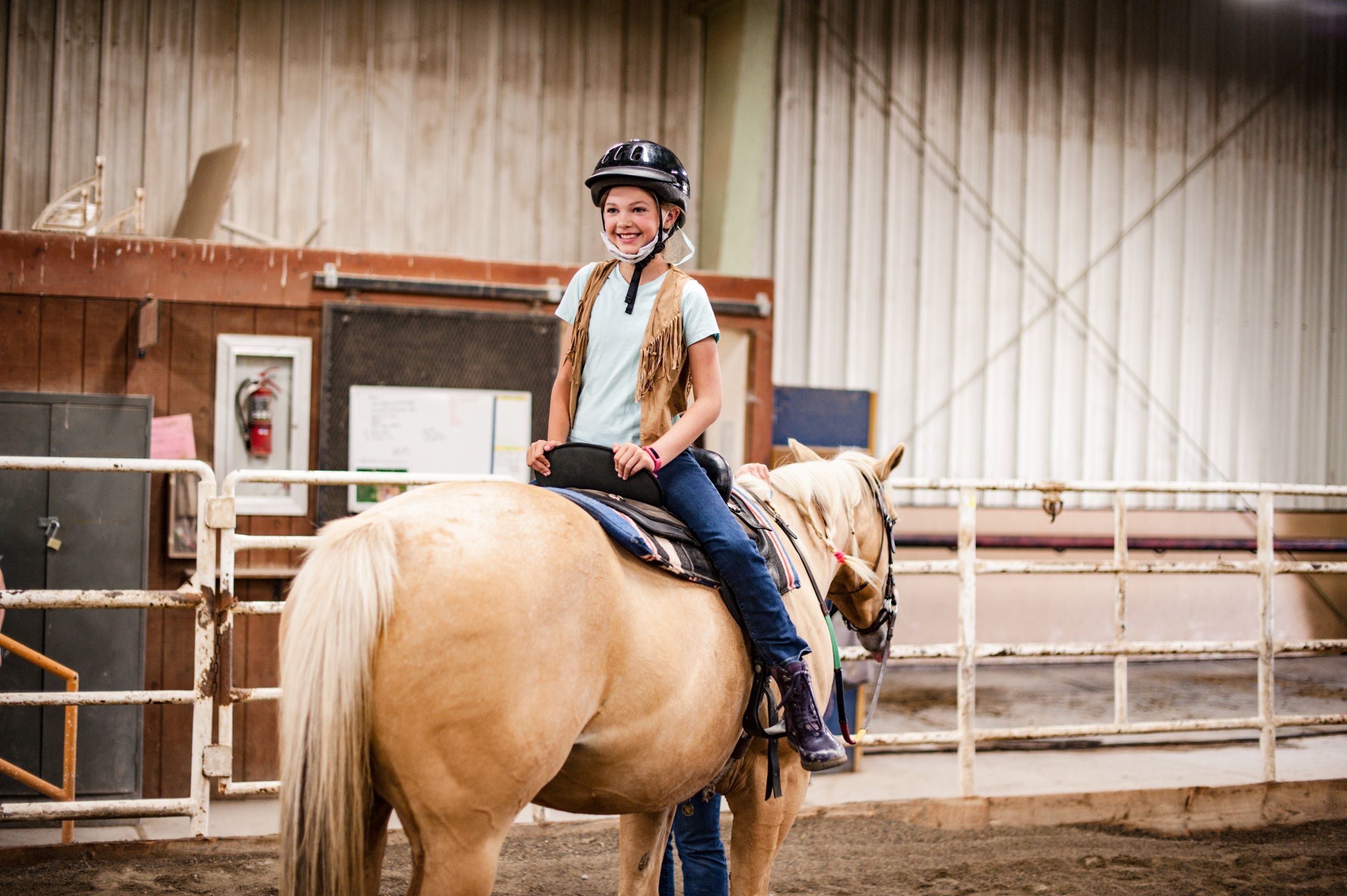
In each Windhorse class level, we teach a different social/emotional skill. We start with leadership, because it's a foundational skill in working with horses, and we continue with partnership, responsibility, trust and empathy. This year, when we started our classes a few months late in early June, we decided to discuss resilience. It was a teaching moment.
Merriam-Webster defines resilience as "the ability to recover from or adjust easily to misfortune or change.” Even though most of our students were not familiar with the word, they were living the concept. They had to learn how to attend school virtually, they were cut off from their friends, and they were picking up on the stress and fear we were all experiencing from this unknown virus that had upended our lives. Whether they knew it or not, they were practicing resilience because they had to.
Resilience is the ability to bounce back, to "pivot", change plans, respond versus react. It's the power to overcome obstacles and unexpected challenges with relative ease. The more resilient we are, the more we can accept change and disruption, and move forward with a new plan.
The kids in Windhorse classes this year learned that the presence of certain things in our lives can help us be more resilient. We discussed whether they felt like these things existed for them.
- Emotional support/connection
- Routine/structure, some sense of normalcy
- Helping others
- Sense of optimism
- Understanding that you can do this and you will be okay/self-efficacy
- A growth mindset
And because everything at Windhorse (and generally in life) can be learned from horses, we discussed whether horses are naturally resilient and what they need to adapt to change easily.
- A supportive herd/friends
- A strong leader: horse and human
- Routine/structure
- Emotional and physical safety
- Internal confidence
Just like humans, the ability of horses to be resilient depends on their past experiences and whether they are confident in themselves and their leaders. They have many of the same emotional needs as we do. The difference is that for the most part, healthy horses live in the present. Their past experiences inform their current behavior, but they don't stew over their past or worry about their future. As prey animals, they experience fear, and they instinctually react or respond, but when the threat is over, it's over. We have much to learn from horses about resilience and overcoming fear. They are role models for kids in Windhorse classes who are struggling with their own ability to bounce back during this time of upheaval.
